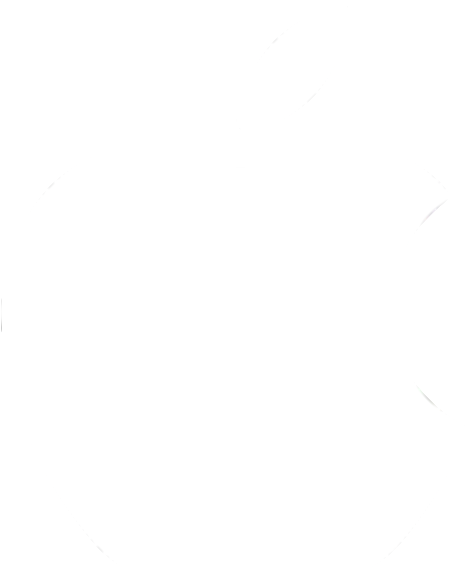Can Jailbreaking Make iPhone Faster?
The question of whether jailbreaking can make your iPhone faster is a complex one with no easy answer. While many believe it can unlock hidden performance potential, the reality is more nuanced. Let's dive into the details and explore the potential benefits and drawbacks.
Understanding Jailbreaking
Before we delve into speed improvements, it's crucial to understand what jailbreaking entails. In essence, it's the process of removing software restrictions imposed by Apple on iOS, the iPhone's operating system. This grants users root access, allowing for the installation of unofficial apps, tweaks, and modifications not available on the official App Store.
Potential for Speed Enhancement
One of the main arguments for jailbreaking is the potential to improve performance, particularly on older iPhone models. Here's how:
1. Resource Management
Jailbreak tweaks allow for greater control over background processes and resource allocation. By disabling resource-hungry apps and services, users can free up RAM and processing power, potentially leading to a snappier user experience.
2. Custom Kernels
Advanced users can install custom kernels, which are essentially the core of the operating system. These kernels can be optimized for performance, potentially boosting responsiveness and reducing lag.
3. Overclocking (Use with Caution)
Some jailbreak tweaks enable CPU overclocking, which increases the processor's clock speed beyond factory settings. While this can lead to noticeable performance gains, it also increases power consumption and heat generation, potentially affecting battery life and long-term hardware health.
The Trade-offs and Risks
While jailbreaking offers potential speed benefits, it's crucial to be aware of the associated trade-offs and risks:
1. Security Vulnerabilities
Jailbreaking can expose your iPhone to security vulnerabilities, making it more susceptible to malware and hacking attempts. Apple's stringent security measures are bypassed, leaving your device potentially vulnerable.
2. Stability Issues
Installing incompatible or poorly coded tweaks can lead to system instability, causing crashes, freezes, and other unexpected behavior.
3. Voided Warranty
Jailbreaking typically voids your iPhone's warranty. If anything goes wrong, you're on your own in terms of repair or replacement.
4. Software Update Challenges
Receiving official iOS updates becomes more complicated after jailbreaking. You'll need to wait for jailbreak tools to be updated for each new iOS version, potentially delaying access to new features and security patches.
Conclusion
So, can jailbreaking make your iPhone faster? Potentially, yes. However, it's not a guaranteed solution and comes with inherent risks and compromises. If you're considering jailbreaking solely for speed improvements, it's crucial to weigh the potential benefits against the potential downsides carefully.
Before proceeding, thoroughly research the process, understand the risks involved, and back up your data. Remember, jailbreaking is a decision that should not be taken lightly.


 Windows
Windows MacOS
MacOS Linux
Linux